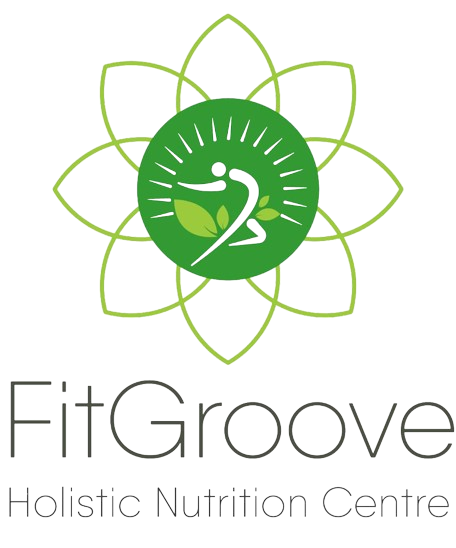
PCOD/PCOS
Polycystic Ovary Syndrome (PCOS) is a common hormonal disorder affecting individuals with ovaries. It can lead to a range of symptoms and health issues. Key features of PCOS include:
Irregular Menstrual Cycles: PCOS often causes irregular or absent menstrual periods.
Ovulatory Dysfunction: Ovulation may be irregular or absent, affecting fertility.
High Androgen Levels: Elevated levels of male hormones (androgens) can cause symptoms like acne, hirsutism (excess hair growth), and male-pattern baldness.
Polycystic Ovaries: The ovaries may have multiple small cysts, but the condition is not solely defined by the presence of cysts.
Insulin Resistance: Many individuals with PCOS have insulin resistance, which can contribute to weight gain and increase the risk of Type 2 diabetes.
Management of PCOS often involves a combination of lifestyle changes, medication, and, if necessary, fertility treatments. Here are some general tips:
- Healthy Diet: Focus on a balanced diet with whole foods, lean proteins, and complex carbohydrates. Managing insulin levels is crucial.
- Regular Exercise: Physical activity can help improve insulin sensitivity and regulate menstrual cycles.
- Weight Management: Maintaining a healthy weight can help manage symptoms and improve overall health.
- Medications: Birth control pills, anti-androgen medications, and medications to improve insulin sensitivity may be prescribed based on symptoms and goals.
- Fertility Treatment: For those trying to conceive, fertility medications may be recommended.
Individuals with PCOS should work closely with healthcare professionals, including gynaecologists, endocrinologists, and dietitians, to develop a personalized treatment plan based on their specific symptoms and health needs.
Address
Founder of FitGroove Holistic Nutrition Centre, Chandigarh
Contact
- Nutritionistshefali21@gmail.com
- info@nutritionistshefali.com
- India : +91-8146996632
- Dubai : +971-545030245
- +971-545030245
- +91-9876667488
Quick Links
© Copyright 2024 Nutritionist Shefali. All rights reserved. Designed By: Techvk.in
